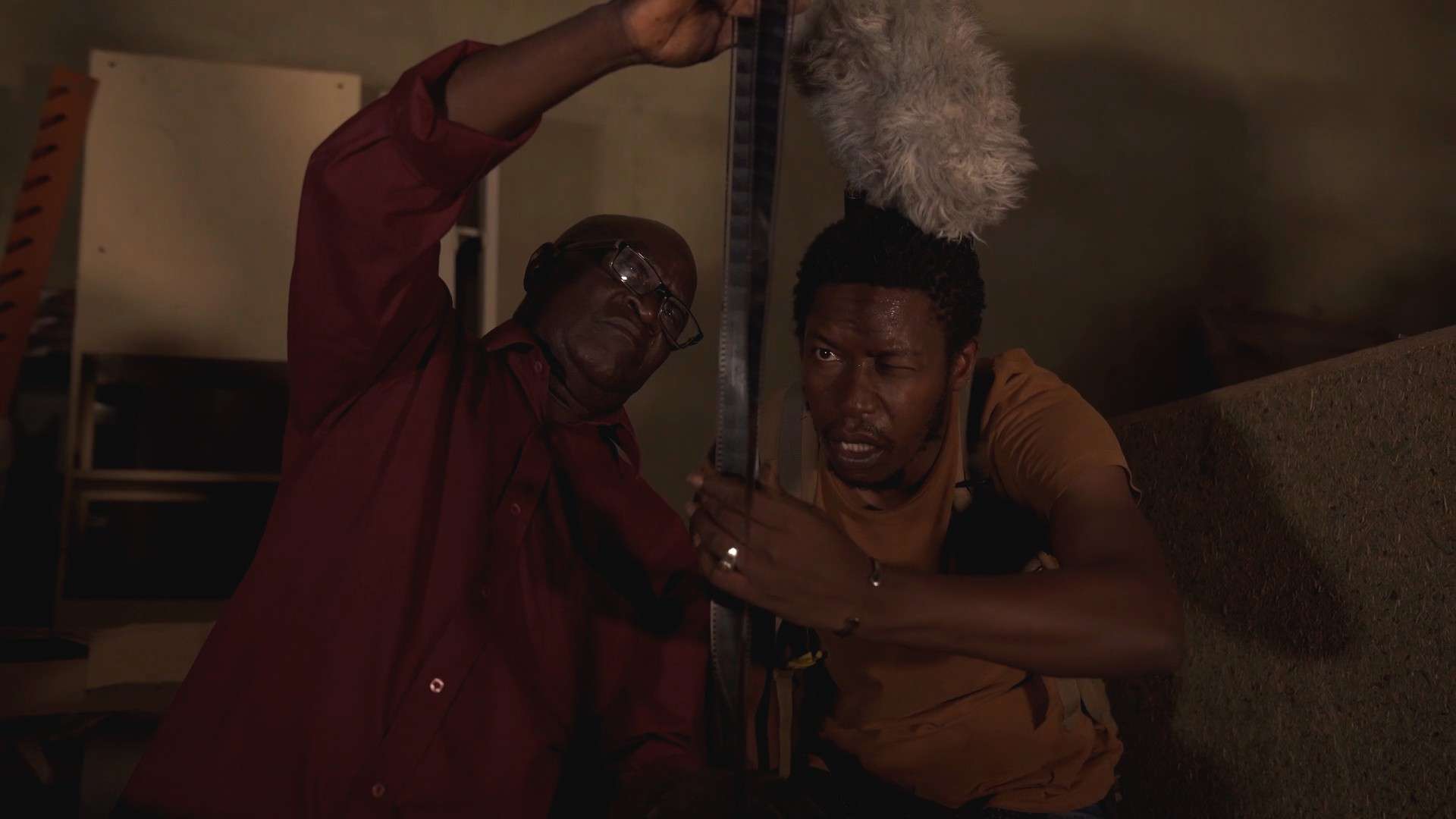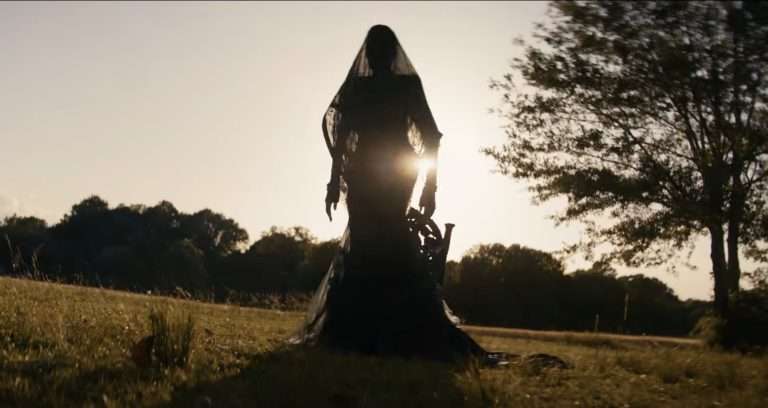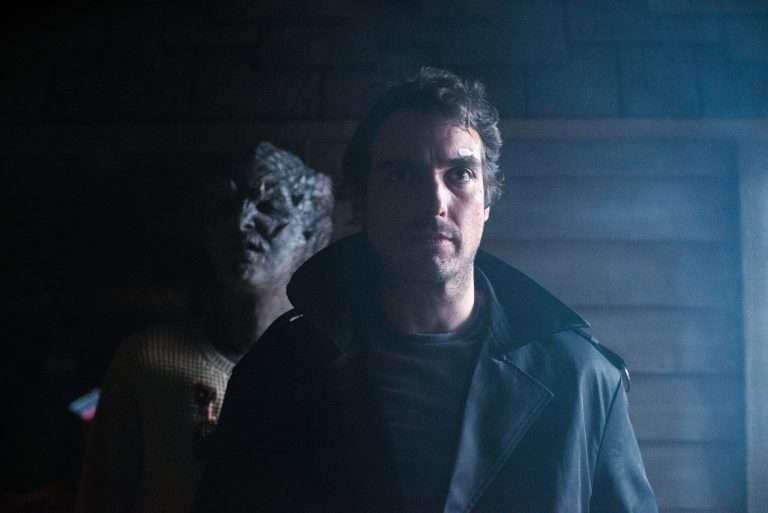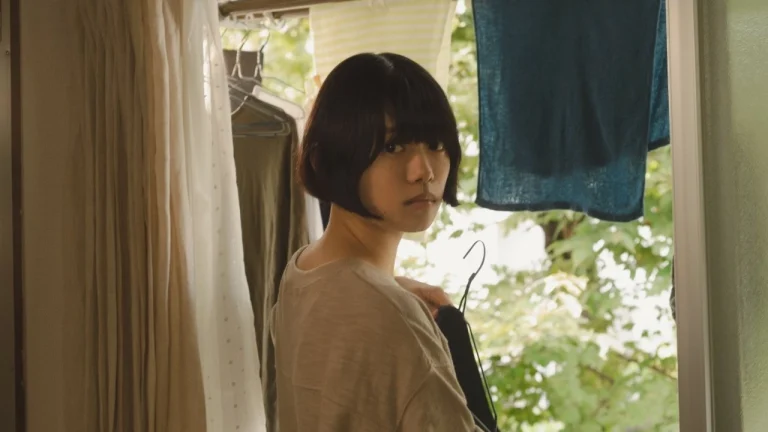Thierno Souleymane Diallo’s documentary, “Cemetery of Cinema” (Original Title: Au cimetière de la pellicule), is anchored in a simple, profound ideal entrenched in a commitment to imagination. There are no elaborate hijinks of techniques the director employs in his passionate, tender, and ever-so-light ode to cinema in its lost history and what it means to varied stakeholders. Cinema quintessentially embodies a search. Directors flit between strategies, but a unifying thread runs through- the pursuit of achieving even a sliver of what they might have glimpsed in their imagination. Diallo’s film devotes itself to a quest for another, more concrete thing.
He has set out to track down a film widely held to be lost, “Mouramani,” made in 1953 by Mamadou Toure. Many claims to have heard of it, but none assert having actually watched it. However, all also resist calling it mythic in origin. The particular film registers as possessing a palpably vivid presence in public memory; almost everyone Diallo encounters on his journey is familiar with the title, even if they don’t know anything else about it. Diallo is fascinated and obsessed with unearthing the mystery around “Mouramani.”
He comes across varying synopses which indicate two entirely different films. The film dates to being among the earliest Guinean films made during the French colonization. A scholar, Diallo talks to emphasizes why “Afrique sur Seine,” despite its release being two years after “Mouramani,” holds the crown for being the first African film. The former proposed an ideal of equality, holding a manifesto, whereas the latter had no historical impact; he contends with a barely disguised air of intellectual hauteur.
Then there are the regular Guineans occupying far less privilege, among which a group of middle-aged and old men charge Diallo as to why there’s barely any representation of them in cinema. As if impelled by the question, Diallo integrates an enormity of snapshots of everyday life, women working the land, and children at play. This is a fairly common approach, which, despite its earnestness, feels not very potent until Diallo gets the people into conversation. The subjects he interviews are wide in sweep. Exchanges with film students are utterly delightful. The director urges the students to just and wholly rely on imagination and articulate their imagined scenes with all the passion and conviction they can summon.

The interaction is peppered with mischief and a vibrant sense of play, reiterating an insistent reminder of the boundlessness of thought cinema essentially demands. Resources may be in short supply, but the belief enshrined in a particular vision and its due expression supersedes it. This can carry a dose of idealism, but Diallo is an unabashedly hopeful artist, and this is reflected in his persistence as well as taking a crushing disappointment in a good, gallant stride. When he is asked as to why he walks shoe-less and what probable metaphorical import that decision has, his response is a swift, succinct, and wry jab at the state of the nation that ostensibly promises scholarships but often doesn’t actively follow them through.
Besides a clear focus on harnessing imagination, “Cemetery of Cinema” is also a plangent plea to not look away from all the assaults on practitioners of cinema and the arts. As it suggests, they are easy prey for loose, fickle agendas, but artists will always forge a way out, sending out a thread for others to pick up later if they themselves aren’t able to do what they want.
Cinema is deeply precious to all those who care for it and have a profound relationship with it that refuses to dim even when it disappears from their lives; a person who used to work at a theatre that has shut down mourns the ruthless destruction of tonnes of old film reels, exclaiming he’d like to put them all to prison if he had the power. Precarity tethered to film is on constant, forbidding display throughout “Cemetery of Cinema,” be it its makers, the vulnerability of their work, and the very evanescence of film itself. Diallo may not reach where he wishes to and find what he seeks, but like a bona fide artist, he embraces a reclamation, paying tribute along with leaving his own personal stamp.




![Oculus [2013]: Thrilling, Mystifying & More Involving Than Your Average Horror Flick](https://79468c92.delivery.rocketcdn.me/wp-content/uploads/2018/05/Oculus-768x320.jpg)


![The Souvenir [2019] Review: An Intricately Observed Documentation of a Toxic Romance](https://79468c92.delivery.rocketcdn.me/wp-content/uploads/2019/08/The-Souvenir-highonfilms-768x462.jpg)
